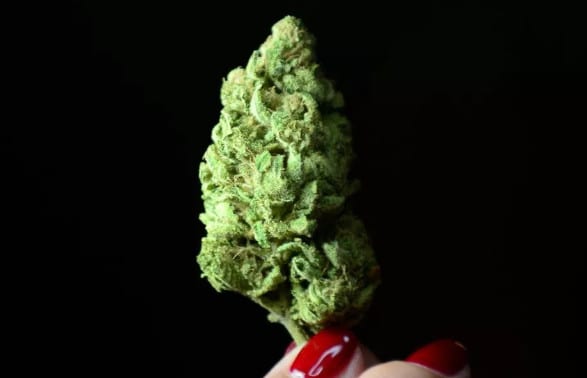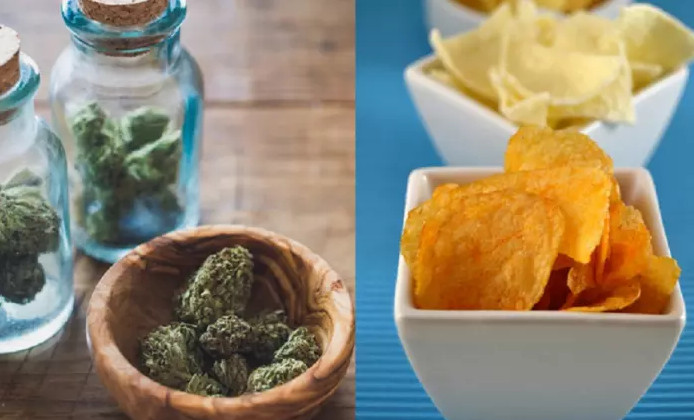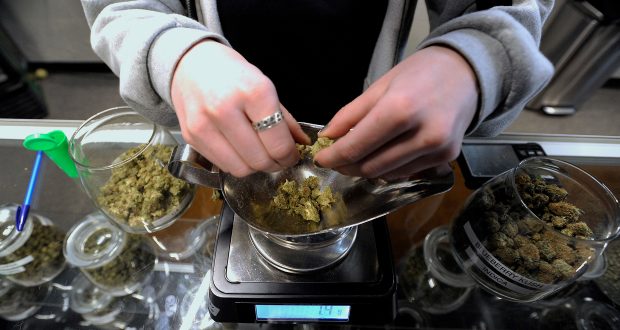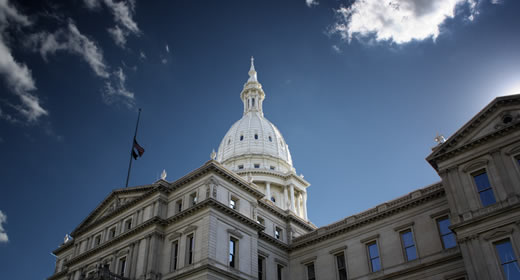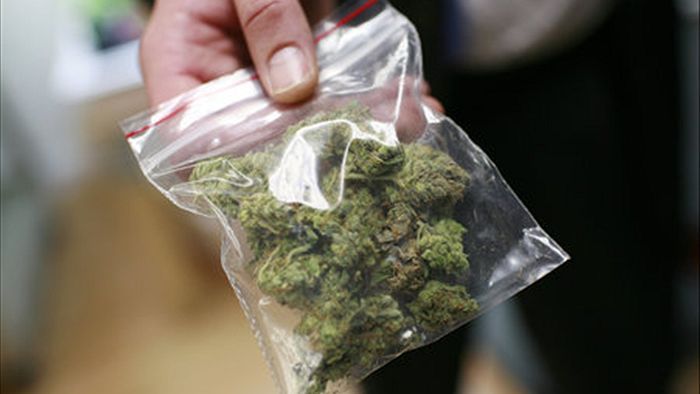National Football League Commissioner Roger Goodell went on ESPN Radio’s “Mike and Mike” morning show last week and seemingly worsened the NFL’s position on marijuana — if that was even possible.
There have been numerous reports of rampant over-prescribing of opioid painkillers in professional football, so Goodell’s already-concerning record on player health and safety took another hit after his comments:
Listen, you’re ingesting smoke so that’s not usually a very positive thing that people would say. It does have addictive nature. There are a lot of compounds in marijuana that may not be healthy for the players long-term. All of those things have to be considered. It’s not as simple as, you know, someone just wants to feel better after a game.
Goodell’s comments on the radio muddied the league’s marijuana waters even further, casting doubt as to whether or not the NFL would ever change their ways.
Luckily, the NFL Player’s Association (NFLPA) is still fighting for expanded access to medical marijuana.
Normally, the NFLPA would have to make major concessions to the league on their Collective Bargaining Agreement (CBA) if they wanted amendments of their own, but the union is attempting to circumvent that process.
NFLPA Executive Director DeMaurice Smith spoke on the matter during an appearance on ESPN’s “Outside the Lines,” hinting that the union would maintain a “therapeutic approach” with players who have a penchant for using cannabis:
We intended to present a proposal to the league that has probably more of a therapeutic approach to those who test positive for marijuana. The idea is simply to make sure that we understand whether a player is suffering from something other than just a desire to smoke marijuana. I think all of us would want to have a process where if there was truly a problem, we’re treating the problem instead of just treating a symptom.
The current CBA does not expire until the completion of the 2020 season, but that isn’t discouraging Smith and the NFLPA, who know there’s precedent for these types of drug policy changes even outside normal labor negotiations. In 2014, the league and the Players Association agreed to increase the threshold for a positive cannabis test from 15 to 35 nanograms, cementing the NFL as the toughest in pro sports on marijuana.
Prominent NFL Owners are starting to come around on the issue, as Dallas Cowboys check-signer Jerry Jones made encouraging comments on marijuana one month ago to a roomful of other owners, according to a source in attendance as previously reported by Marijuana.com:
A source with direct knowledge of what went on behind closed doors said that Jones spoke at length during the meeting. At one point, Jones called on the NFL to drop its prohibition on marijuana in favor of an approach that more closely reflects the changing legal and medical landscape in America.
The Cowboys ownership team is now doubling down on their cannabis stance, as Executive Vice President Stephen Jones went on ProFootballTalk Live to convey his father’s thoughts on the pressing pot issue.
“I think Jerry’s opinion, my opinion, is this program, this system has been in place for a long time. I think it needs to be heavily scrutinized in terms of its results,” Jones said in the clip that will air Thursday.
While not the comprehensive solution the league needs, focusing on the medical applications of marijuana as a way to reduce opioid dependency among active and retired players would be a great place to start.
Between the NFL’s mishandling of both the concussion and opioid painkiller crises, medical marijuana could offer the league an opportunity to save a little face by implementing a trailblazing cannabis-inclusive player health program before any other pro sports league in the world.
credit:marijuana.com



